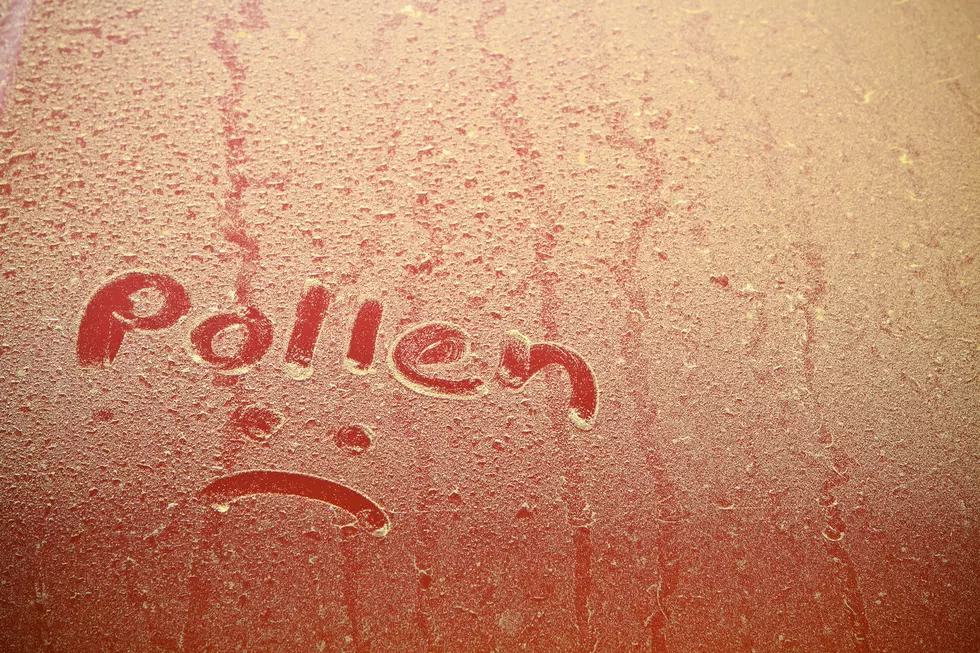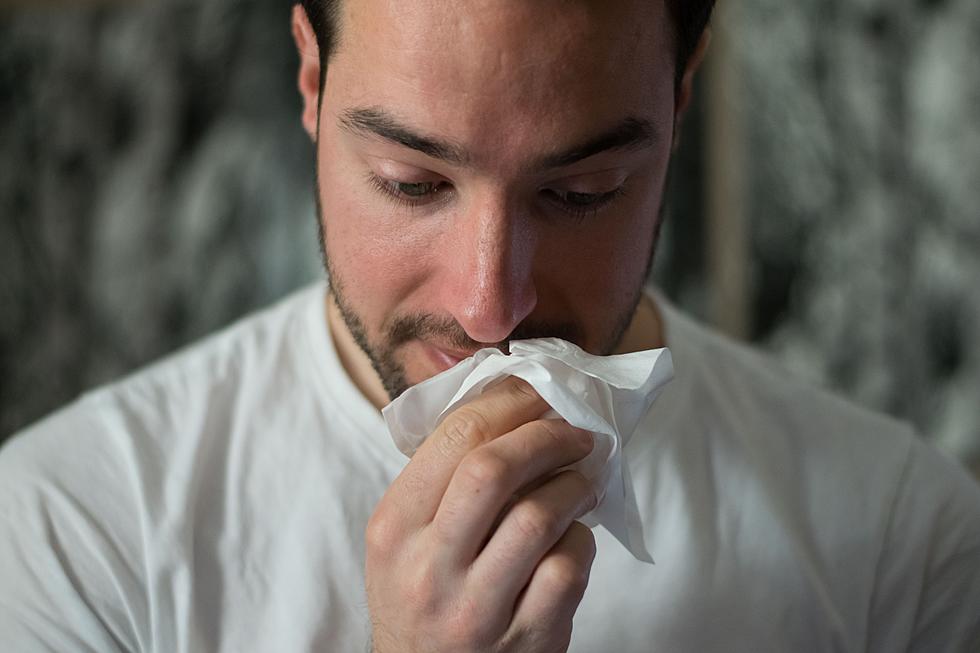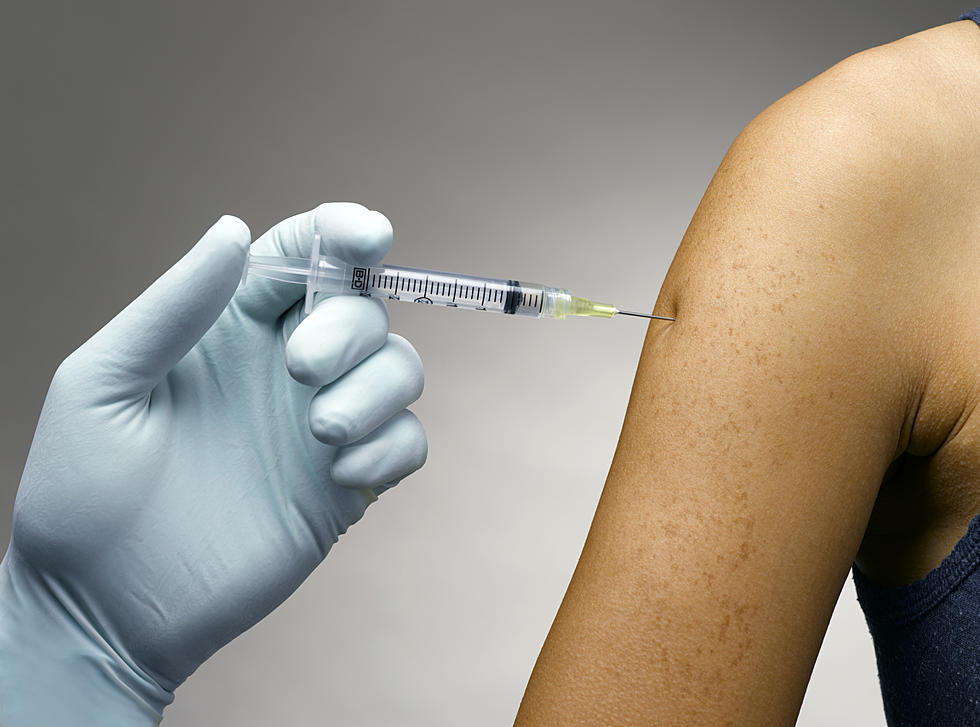![Spring Allergies to Be Robust, Thanks to Snow [AUDIO]](http://townsquare.media/site/394/files/2014/02/Ewing-20140221-00935.jpg?w=980&q=75)
Spring Allergies to Be Robust, Thanks to Snow [AUDIO]
If the amount of snow New Jersey has seen this winter is any indication, it looks like the state is in for a tough allergy season.
"We're expecting a very robust start to the spring as the melting of several feet of snow translates into several inches of water," said Dr. Leonard Bielory, allergist and immunologist at Robert Wood Johnson University Hospital. "The trees will be well-fed with nutrients and the pollen season starts with trees this year, so it's going to be a strong one."
The big question is, when will the allergy season begin? While the season has been starting earlier and earlier in recent years, it really depends on the weather.
Recent research on climate change and allergic airway disease and the impact of weather and climate on allergies found that the pollen count in the spring following Superstorm Sandy was one of the highest in recent years.
Bielory attributes the data to the amount of water that was on the ground during Sandy.
"This year, because of the heavy snow, we know that trees will be heavy pollinators," Bielory said. "Whether the season starts earlier really depends on whether we have an early thaw."
The tree season usually begins during the first week of March and the grass season usually begins mid-April, but if there is still snow covering many areas of the state, pollination will be very low and will push back the allergy season.
"The amount of snow, temperature and sunshine are key factors in determining when the allergy season starts," Bielory said. "Sunshine triggers trees to release their pollen. Whatever the case may be, we can expect a very sharp start to the season because once the thaw occurs, we will see trees literally blossom overnight and with the ground being as saturated as it is, the trees will not only be well-fed, but the grass will be as well."
More From 92.7 WOBM










